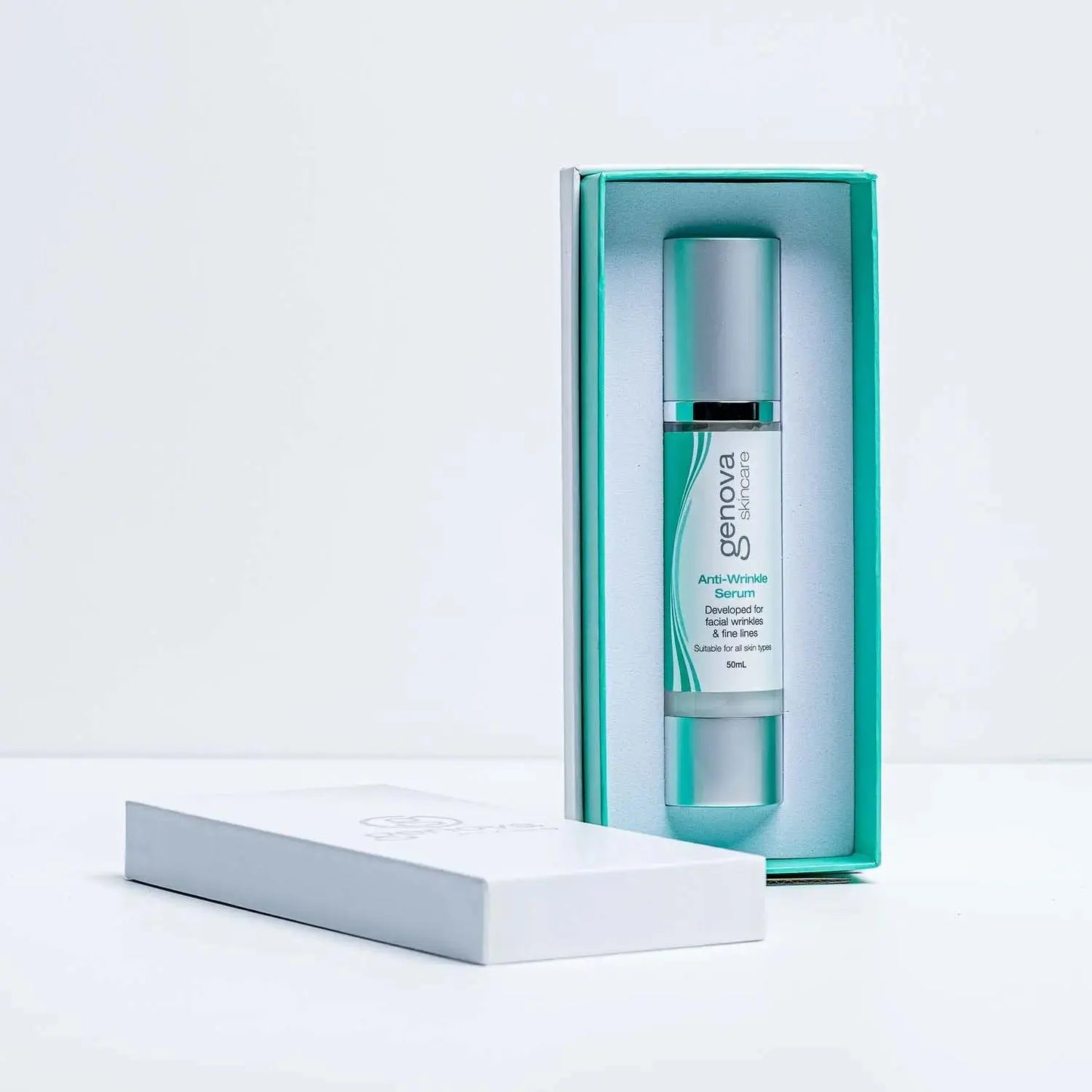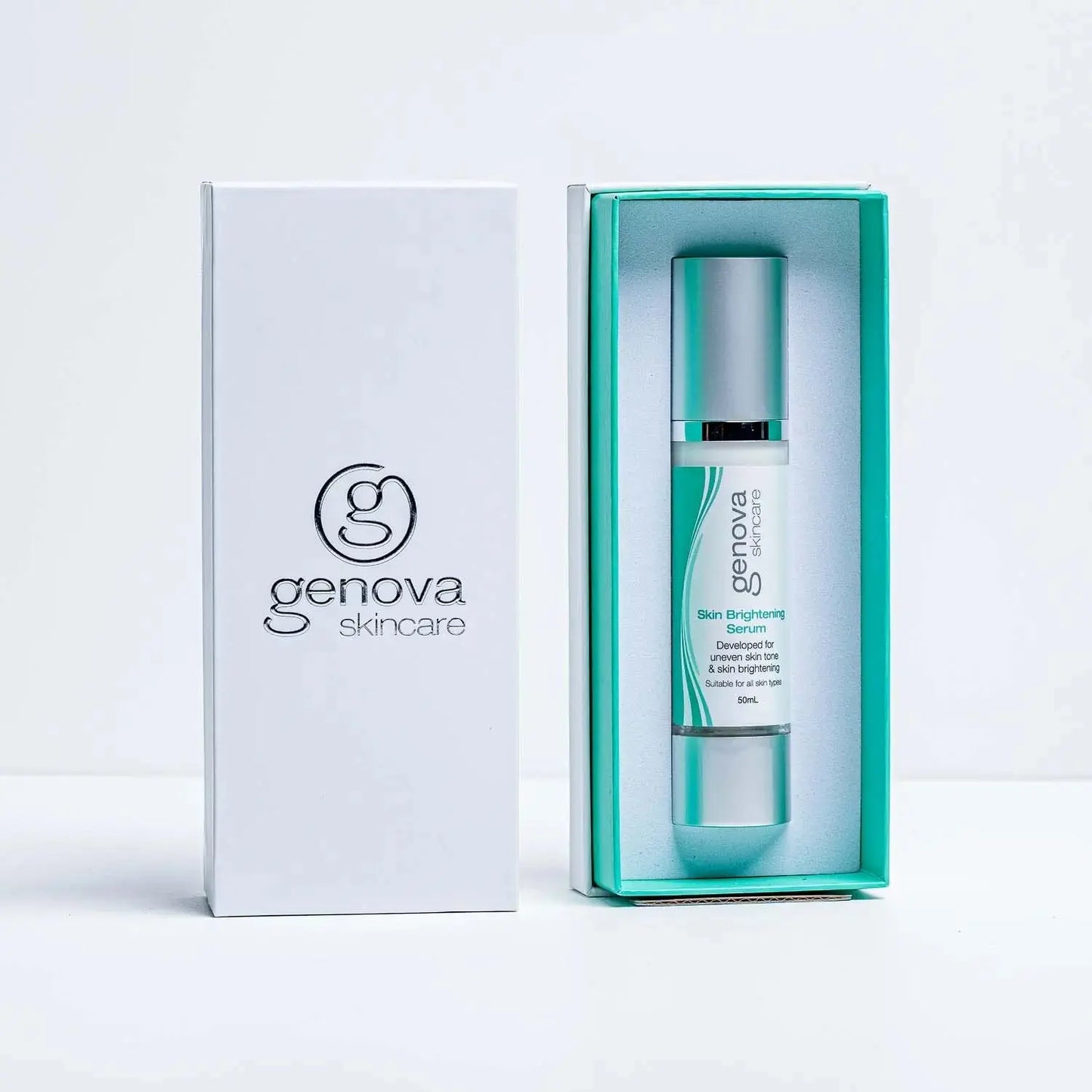Revitalise Your Skin at Menopause: Essential Tips and Strategies
Have you noticed your tried-and-true skincare routine isn’t working as it used to? You’re not alone. For many women, menopause brings unexpected skin changes that can feel both frustrating and confusing.
Those loyal skincare products that once gave you that healthy glow might suddenly leave your skin feeling parched, irritated, or lacklustre. It’s not your imagination – it’s your hormones rewriting the rules of your skincare needs.
As we journey through perimenopause and menopause, our skin undergoes significant transformations that require a completely fresh approach. Today, we’re discussing essential strategies to help you confidently navigate these changes and revitalise your skin during this critical life transition.
Understanding Menopausal Skin Changes
The Hormonal Shift Behind Your Changing Skin
During menopause, estrogen levels decline dramatically, creating a cascade of changes throughout your body – including your skin. Estrogen is crucial in maintaining skin elasticity, hydration, and thickness. When levels drop, you might notice:
- Increased dryness and sensitivity as oil production decreases
- Thinning skin that becomes more vulnerable to damage
- Loss of firmness and elasticity as collagen production declines (decreasing by about 30% in the first five years of menopause)
- Delayed healing and increased tendency to bruise
- Increased appearance of fine lines and wrinkles as skin becomes less plump
Many women tell us they feel their skin has changed overnight, but these shifts happen gradually and accelerate during perimenopause before stabilising in post-menopause. Understanding this gradual process can help you feel reassured and less anxious about the changes in your skin.
Why Your Old Skincare Routine No Longer Works
That lightweight moisturiser that once left your skin perfectly balanced might now leave it feeling tight and uncomfortable, and the exfoliator you relied on might suddenly irritate.
This isn’t a sign that the products have changed – your skin has. The decrease in natural oils means your skin barrier function is compromised, making it more reactive to ingredients it previously tolerated well. Additionally, cell turnover slows, making your skin more prone to dullness and uneven texture.

Essential Skincare Strategies for Menopausal Skin
1. Prioritise Deep Hydration
Menopausal skin craves moisture like never before. The key is focusing on ingredients that both deliver hydration and help your skin retain it:
- Hyaluronic acid attracts and holds up to 1000 times its weight in water
- Ceramides help rebuild your skin barrier and prevent moisture loss
- Glycerin draws moisture from the air into your skin
- Squalane mimics your skin’s natural oils and restores suppleness
Consider layering your hydration with a hydrating serum followed by a richer moisturiser to lock in benefits. Don’t hesitate to apply a second layer of moisturiser for arid areas.
2. Rebuild Collagen and Support Elasticity
The dramatic drop in collagen production during menopause (up to 2.1% per year after menopause) requires targeted ingredients:
- Peptides signal your skin to boost collagen production
- Vitamin C is essential for collagen synthesis and brightening
- Retinol increases cell turnover and stimulates collagen production
Start with lower concentrations of active ingredients, especially retinol, as menopausal skin can be more sensitive. Gradually increase as your skin adapts.
3. Strengthen Your Skin Barrier
A compromised barrier increases sensitivity, redness, and even rosacea – all common during menopause. Focus on:
- Niacinamide reduces inflammation and strengthens your skin barrier
- Gentle, pH-balanced cleansers that clean without stripping
- Barrier-repairing moisturisers containing ceramides and fatty acids
Many women succeed by simplifying their routine during sensitivity flare-ups and gradually reintroducing active ingredients.

4. Address Hyperpigmentation and Uneven Tone
Hormonal fluctuations can trigger melanin production, leading to age spots and uneven skin tone. Combat this with:
- Alpha arbutin for gentle brightening without irritation
- Azelaic acid fades dark spots and reduces redness
- Tranexamic acid specifically targets hormonally-triggered pigmentation
Always pair these ingredients with diligent sun protection, as UV exposure exacerbates pigmentation issues and accelerates collagen breakdown.
Lifestyle Factors That Impact Menopausal Skin
Your skincare products are only part of the equation. These lifestyle adjustments can dramatically improve your skin’s appearance:
Sleep Quality Matters More Than Ever
During deep sleep, your body produces growth hormones crucial for repair. Yet many women experience disrupted sleep during menopause due to night sweats and insomnia.
Consider:
- Creating a consistent sleep routine
- Keeping your bedroom cool (between 15-19°C)
- Limiting screen time before bed
- Using cooling pillows designed for menopause

Nutrition for Skin Resilience
Research shows that confident dietary choices can help support menopausal skin:
- Omega-3 fatty acids from fatty fish, walnuts, and flaxseeds help maintain skin moisture
- Phytoestrogens found in soy, flaxseeds, and legumes may help moderate some effects of estrogen decline
- Antioxidant-rich foods like berries, dark chocolate, and green tea help combat increased oxidative stress
Movement and Circulation
Exercise increases blood flow, delivering nutrients to your skin and enhancing its natural glow. Even gentle movements like walking or yoga can make a noticeable difference in skin vitality.
Creating Your Menopausal Skincare Routine
Morning Routine:
- Gentle cleanser with hydrating ingredients
- Antioxidant serum (vitamin C is ideal in the morning)
- Hydrating serum with hyaluronic acid
- A moisturiser with barrier-supporting ingredients
- Broad-spectrum SPF 50+ (non-negotiable for menopausal skin)
Evening Routine:
- Thorough but gentle cleansing to remove SPF and pollution
- Treatment serum (retinol or peptides)
- A rich moisturiser with repairing ingredients
- Facial oil, if needed for extra nourishment (especially in drier climates)
Our Gentle Renewal Night Cream was formulated explicitly for menopausal skin. It contains peptides, ceramides, and squalane to support your skin’s overnight recovery without irritating.
Embracing This New Phase with Confidence
While menopausal skin changes require adaptation, they don’t have to diminish your confidence. Many women find that this transition period offers an opportunity to develop a deeper understanding of their skin and embrace a more nurturing approach to self-care.
Remember that consistency is key. New skincare routines typically take 6-8 weeks to show significant results, and menopausal skin may require even more patience as cell turnover has slowed.
What aspect of menopausal skin changes have you found most challenging? Share your experiences in the comments below – our community of women navigating this same journey has wisdom to share. By sharing your experiences, you can contribute to a supportive community and feel heard in your skincare journey.








